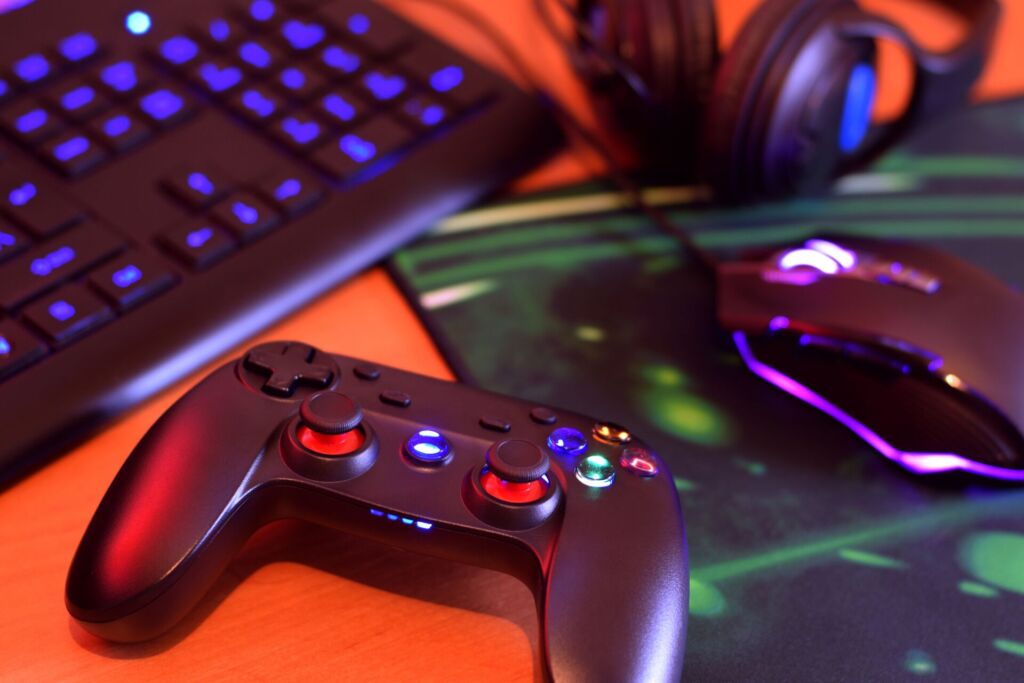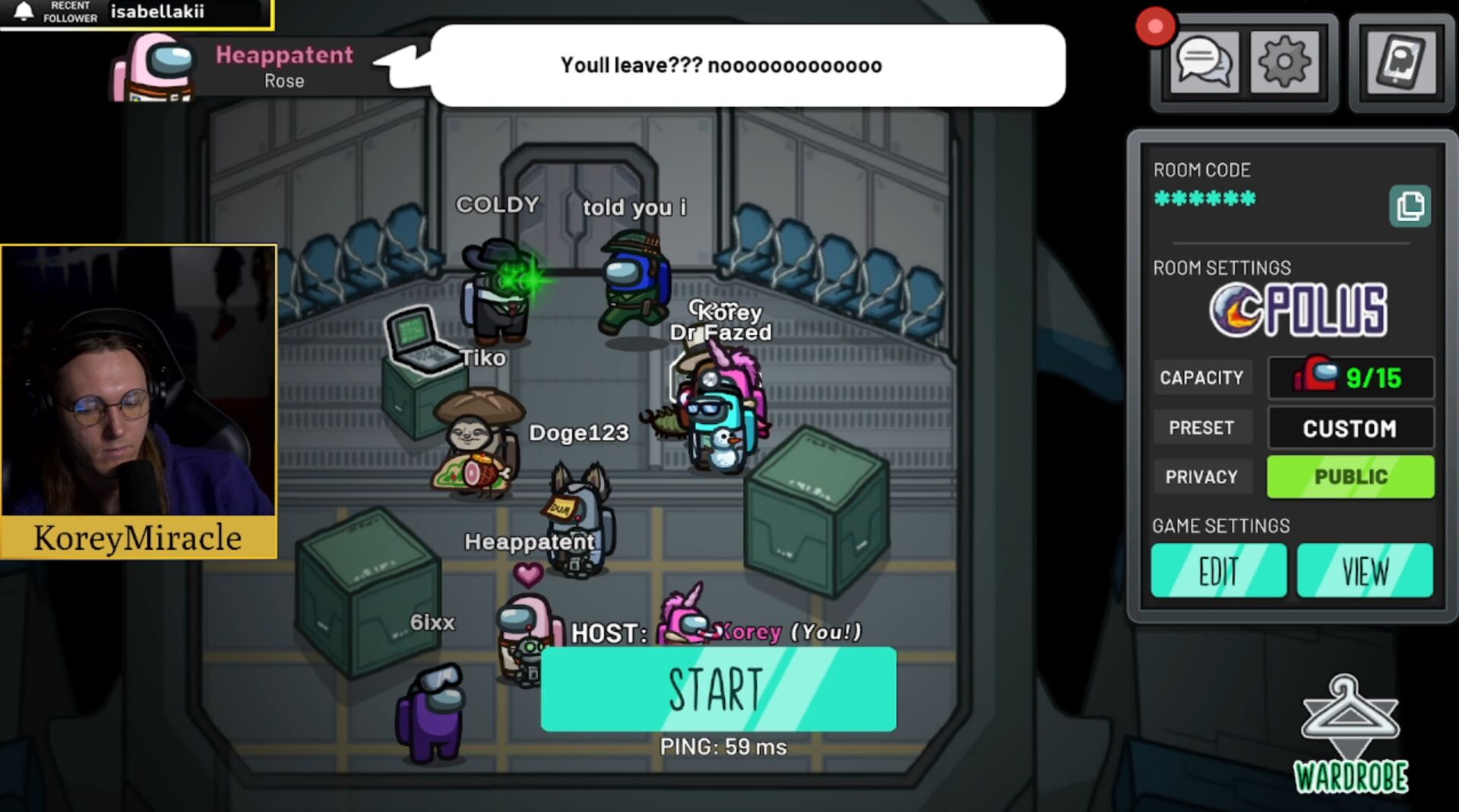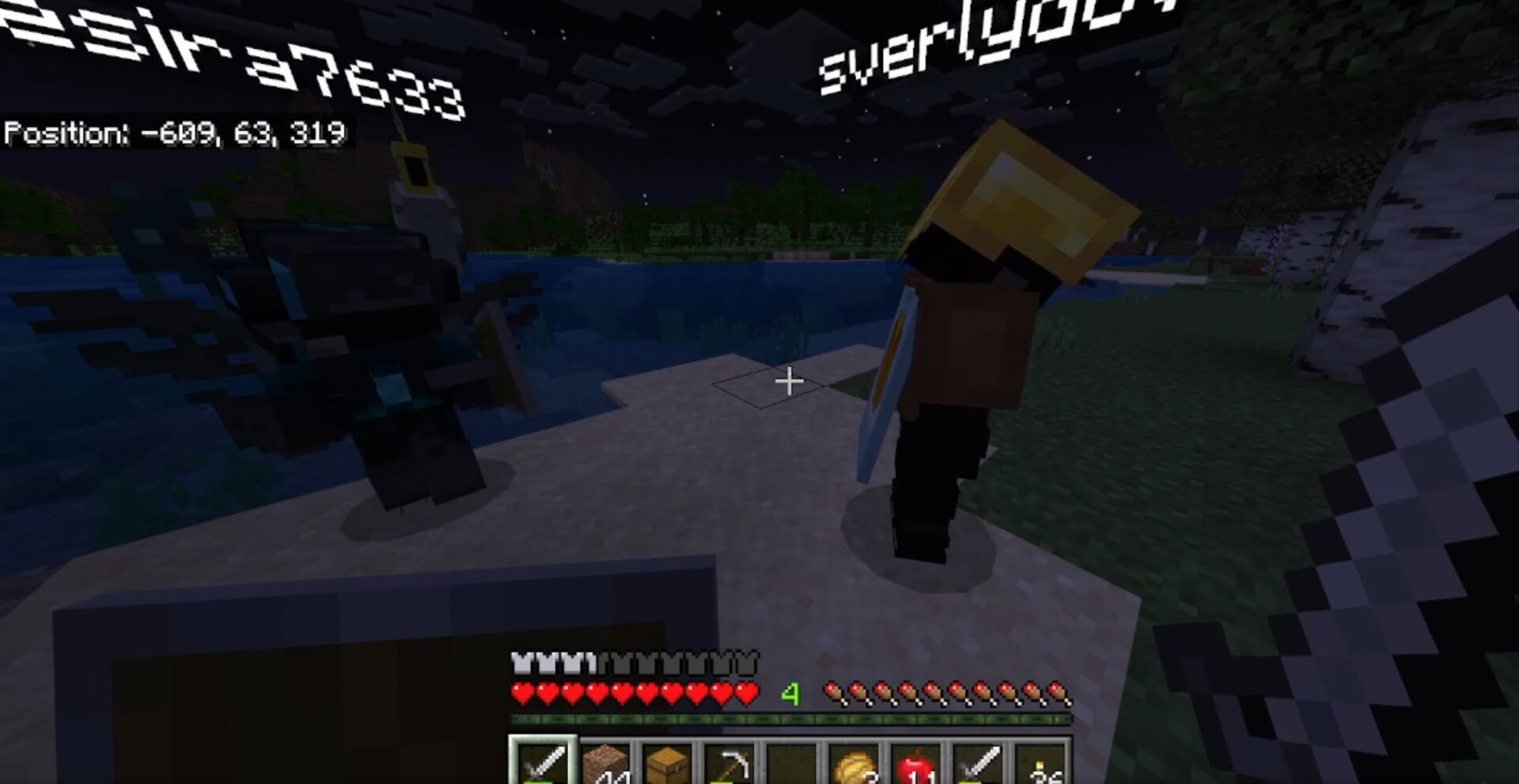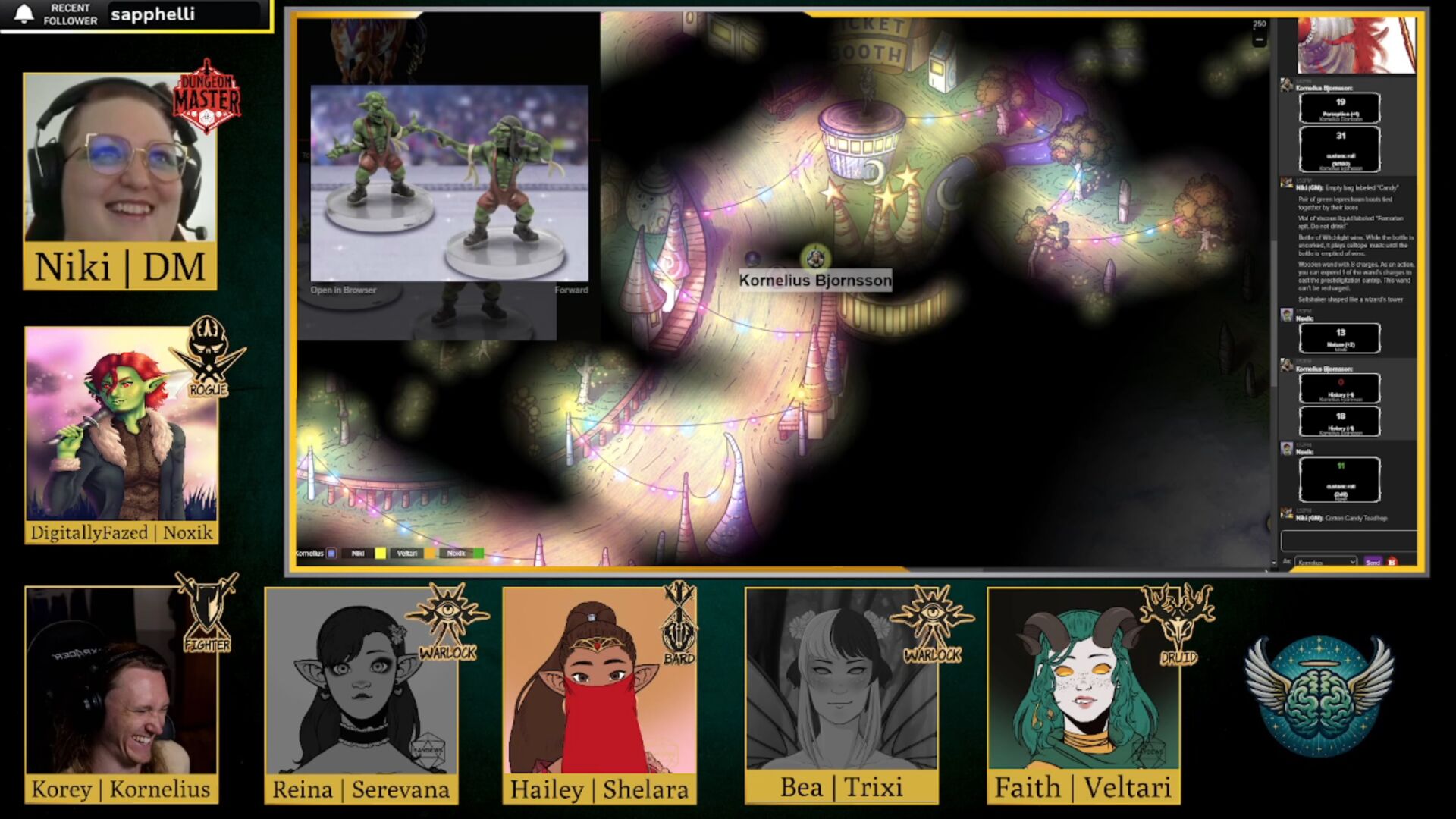The Surprising Mental Health Benefits of Video Games
By Korey Miracle
March 29, 2025
For years, video games have been scrutinized for their potential negative effects on mental health. But emerging research—and a growing number of therapists—are recognizing their benefits when played intentionally. From reducing anxiety to fostering social connections, certain games can be powerful tools for emotional well-being. The key? Not all games are created equal.

The Science Behind Gaming and Mental Health
A 2022 study published in JMIR Mental Health found that moderate gaming can reduce stress, improve mood, and even alleviate symptoms of depression and anxiety. The American Psychological Association (APA) also notes that video games can enhance cognitive skills, emotional resilience, and social bonding—when chosen wisely.
“Games provide a unique combination of engagement, challenge, and reward that can be therapeutic in controlled doses,” says Dr. Rachel Kowert, research psychologist and author of A Parent’s Guide to Video Games. “The interactivity allows players to experience mastery and control, which is especially valuable for those struggling with mental health.”
How the Right Games Can Help
1. Stress Relief Through Relaxing Gameplay
Titles like Stardew Valley, Animal Crossing: New Horizons, and Journey offer low-pressure, immersive worlds where players can unwind. Their repetitive tasks—farming, fishing, or exploring—activate the brain’s relaxation response, similar to meditation.
Why it works: A 2020 study in Computers in Human Behavior found that casual games reduced cortisol levels by up to 17% in participants after just 20 minutes of play.
2. Combatting Loneliness with Social Connection
Multiplayer and cooperative games (Among Us, It Takes Two, Final Fantasy XIV) provide safe spaces for social interaction, particularly for individuals with social anxiety or limited offline connections.
Real-world impact: During the Covid-19 pandemic, Animal Crossing became a virtual gathering place, with players hosting birthdays, weddings, and even therapy sessions in-game.
3. Building Emotional Resilience Through Storytelling
Narrative-driven games (The Last of Us, Life is Strange, Spiritfarer) allow players to process complex emotions in a controlled environment. Role-playing games (RPGs) like The Witcher 3 or Disco Elysium can also help players explore identity and decision-making.
Therapist perspective: “Games with deep narratives act like interactive therapy,” says licensed counselor and gaming researcher Anthony Bean, PhD. “They let people practice empathy, grief, and problem-solving in ways that translate to real life.”
4. Cognitive Benefits and Motivation Boost
Puzzle games (Portal 2, The Witness) and strategy titles (Civilization VI) sharpen critical thinking, while games with clear progression (Celeste, Hades) can combat depression by providing achievable goals.
Science-backed: A 2023 meta-analysis in Nature Human Behaviour linked strategic gaming to improved memory and attention span in adults.
Games to Play—And Ones to Approach Mindfully
Best for Mental Wellness |
Potential Downsides |
|---|---|
| Stardew Valley (relaxing, rewarding) | Call of Duty (can increase stress) |
| Journey (meditative, emotional) | League of Legends / Rust (toxic communities) |
| Minecraft (Especially Creative Mode) (calm) | Ranked competitive games (burnout risk) |
Key distinction: It’s not that competitive or violent games are inherently bad—they simply affect players differently. If you enjoy Apex Legends but feel frustrated after sessions, balancing it with a calming game can help.
Expert Tips for Healthy Gaming Habits
- Set boundaries: Use timers to avoid excessive play.
- Prioritize games that leave you feeling better—not drained.
- Take breaks every hour to prevent eye strain and mental fatigue.
- If gaming replaces real-life coping mechanisms, reassess habits with a professional.
The Future of Gaming and Mental Health
Therapists are increasingly incorporating “game prescriptions” into treatment plans, while developers are creating titles specifically for mental health like Hellblade: Senua’s Sacrifice for psychosis awareness. Even the World Health Organization has recognized gaming disorder as a diagnosable condition—highlighting the need for balance.
Bottom line: Video games aren’t just entertainment. When chosen intentionally, they can be tools for healing, growth, and connection.
To learn more about our Gamers for Wellness program, click the button below!












